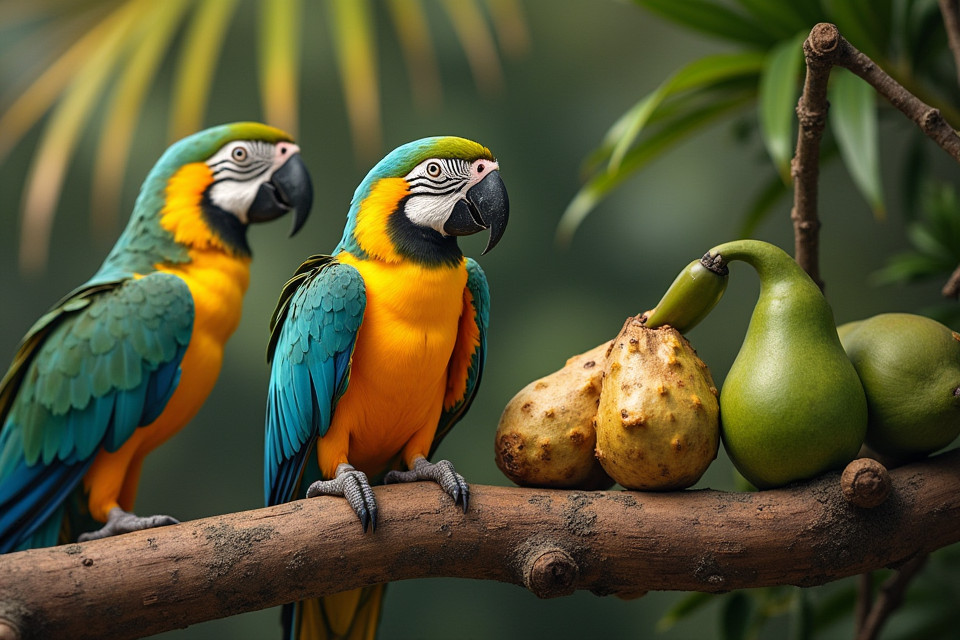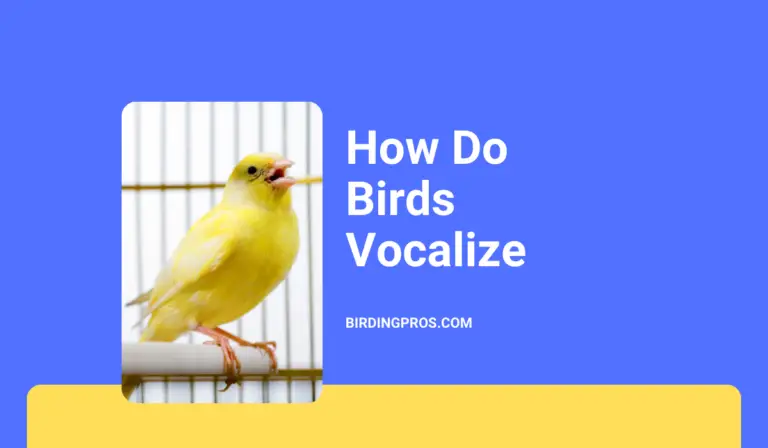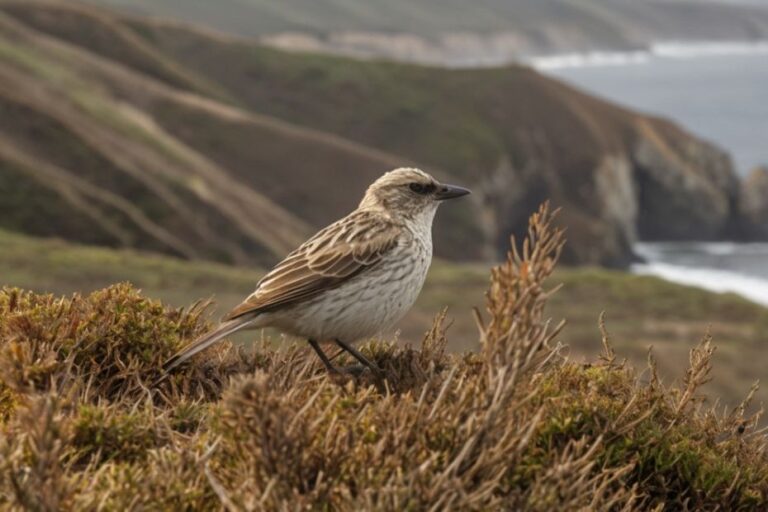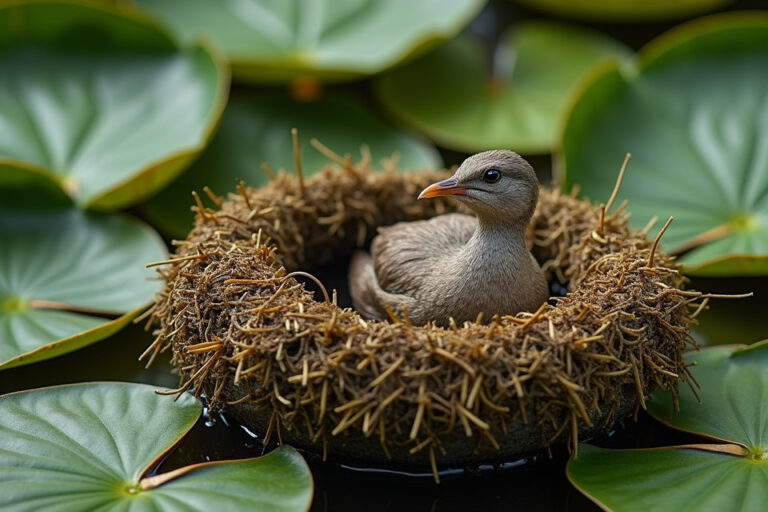Can Parrots Eat Cacao? Learn What’s Safe
No, parrots cannot eat cacao. It contains theobromine and caffeine, toxic to birds, causing rapid heartbeat, tremors, seizures, or even death.
Picture this: You’re savoring a piece of rich, dark chocolate, and your curious parrot hops over, tilting its head as if to ask, “Can I have some?”
It’s a heartwarming moment, but it raises an important question—can parrots eat cacao, the key ingredient in chocolate? Let’s dive into the details to keep your feathered friend safe and healthy.

What Is Cacao?
Cacao comes from the seeds of the cacao tree, native to tropical regions. These seeds are processed to make chocolate and are celebrated for their antioxidants and health benefits—for humans.
However, cacao contains compounds like theobromine and caffeine that affect animals differently than humans. These substances, while giving chocolate its energizing kick, are far from harmless to our feathered companions.
Why Cacao Is Dangerous for Parrots
Here’s the harsh truth: Parrots should never eat cacao in any form, whether raw, roasted, or processed into chocolate. Here’s why:
- Toxic Theobromine
Theobromine is the main culprit behind cacao’s toxicity for birds. Parrots’ systems cannot break it down efficiently, making even a small dose potentially deadly. Symptoms of theobromine poisoning include rapid heart rate, tremors, seizures, and even death in severe cases. - Caffeine Concerns
Cacao also contains caffeine, which can overstimulate a parrot’s nervous system. This can lead to anxiety, hyperactivity, irregular heart rhythms, and severe distress. - Additives in Chocolate
If cacao is processed into chocolate, the addition of sugar, milk, and artificial ingredients creates an even more harmful cocktail. These additives can upset your parrot’s digestive system and lead to long-term health issues like obesity or liver problems.
Most of the bird lovers found this Trail Camera for Bird Watching helpful.
What About Parrots in the Wild?
You might wonder, “Don’t wild parrots encounter cacao in their natural habitat?” It’s a fair question. While cacao trees do grow in tropical regions, wild parrots rarely consume the raw seeds.
Nature has equipped them with an innate ability to avoid most harmful foods. However, this instinct isn’t foolproof. Even if a wild parrot pecks at cacao occasionally, it’s no reason to assume it’s safe for pet parrots.
Better Treats for Your Parrot
Luckily, there are plenty of safe and delicious alternatives to cacao that your parrot will love:
- Fruits: Tropical options like mango, papaya, and pineapple are crowd-pleasers. Don’t forget apples and pears (just remove the seeds!).
- Vegetables: Bell peppers, carrots, and leafy greens like kale or spinach are nutritious staples.
- Nuts: Small amounts of unsalted almonds or walnuts can be a delightful treat.
- Grains and Legumes: Cooked quinoa, barley, and peas offer variety and nutrition.
A Word of Caution
As a bird owner, it’s natural to want to share your favorite foods with your parrot, but not all human foods are bird-friendly.
Beyond cacao, steer clear of avocado, onions, garlic, and anything heavily salted or processed. Always research or consult an avian veterinarian before introducing new foods into your parrot’s diet.
FAQs About Parrots and Cacao
1. Can parrots eat raw cacao seeds?
No, raw cacao seeds are toxic to parrots due to theobromine and caffeine, which their bodies cannot process safely.
2. Is chocolate safe for parrots in small amounts?
No, even tiny amounts of chocolate can be harmful, as it contains toxic substances and unhealthy additives for parrots.
3. What should I do if my parrot eats cacao or chocolate?
Contact an avian vet immediately. Symptoms of poisoning include rapid heartbeat, tremors, and seizures.
4. Are there safe chocolate substitutes for parrots?
No substitutes mimic chocolate’s flavor, but you can offer sweet fruits like mango or papaya as a safe, tasty treat.
Conclusion: Keep Cacao Off the Menu
Your parrot relies on you to make safe choices. While cacao may be a delight for humans, it’s a danger for parrots. Stick to a diet rich in fruits, vegetables, grains, and high-quality pellets to ensure your feathered friend thrives.
And the next time your parrot gives you that curious look while you enjoy chocolate, you’ll know the best response is to offer a safe, bird-friendly treat instead.
Because a healthy parrot is a happy parrot—and that’s the sweetest reward of all.






